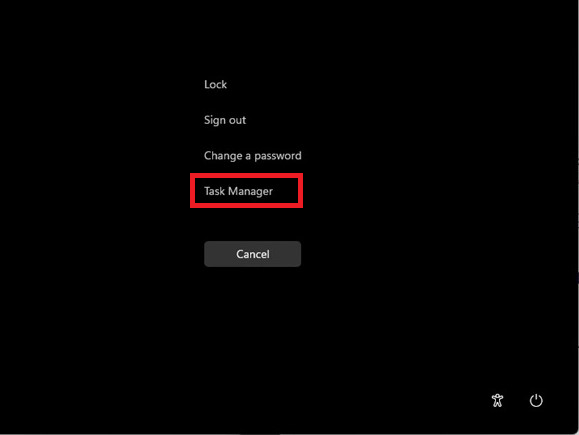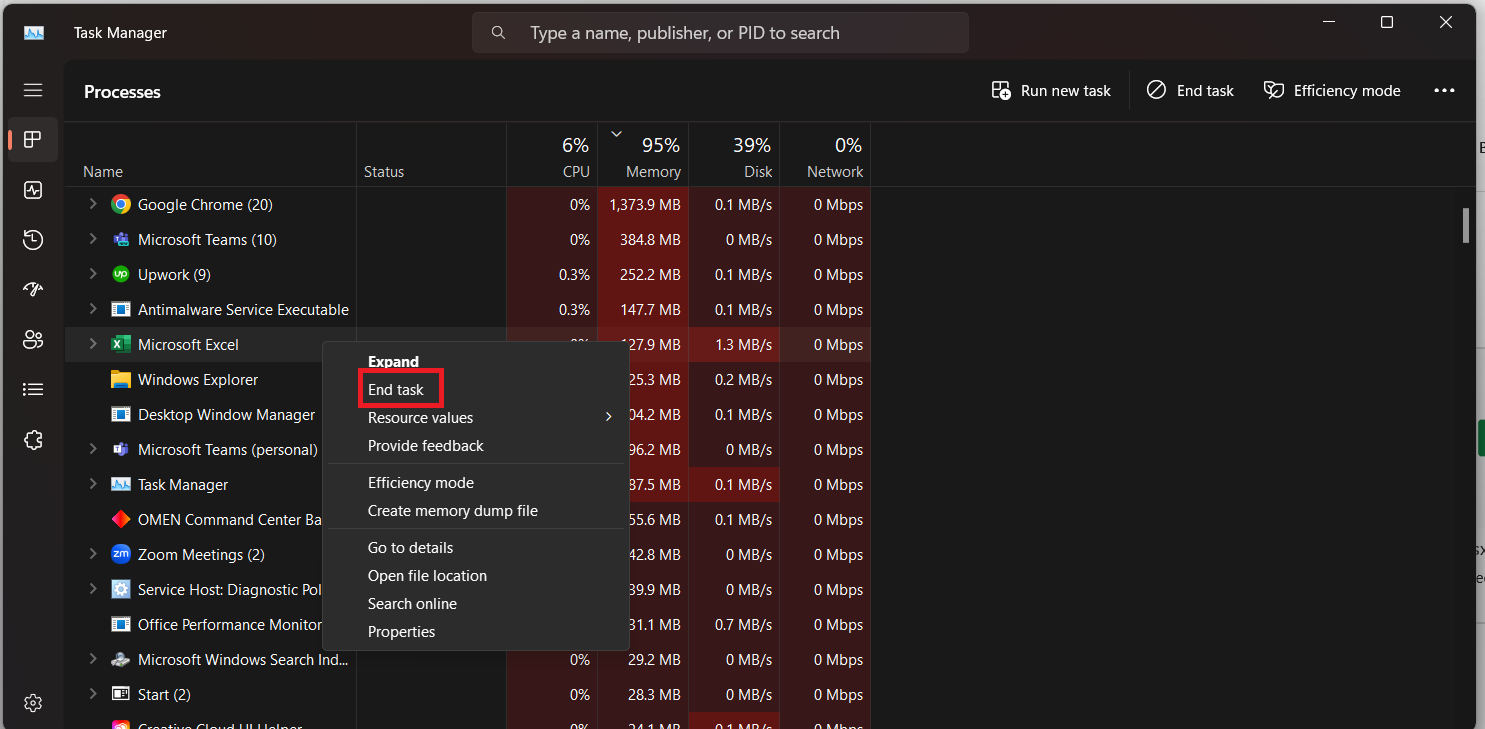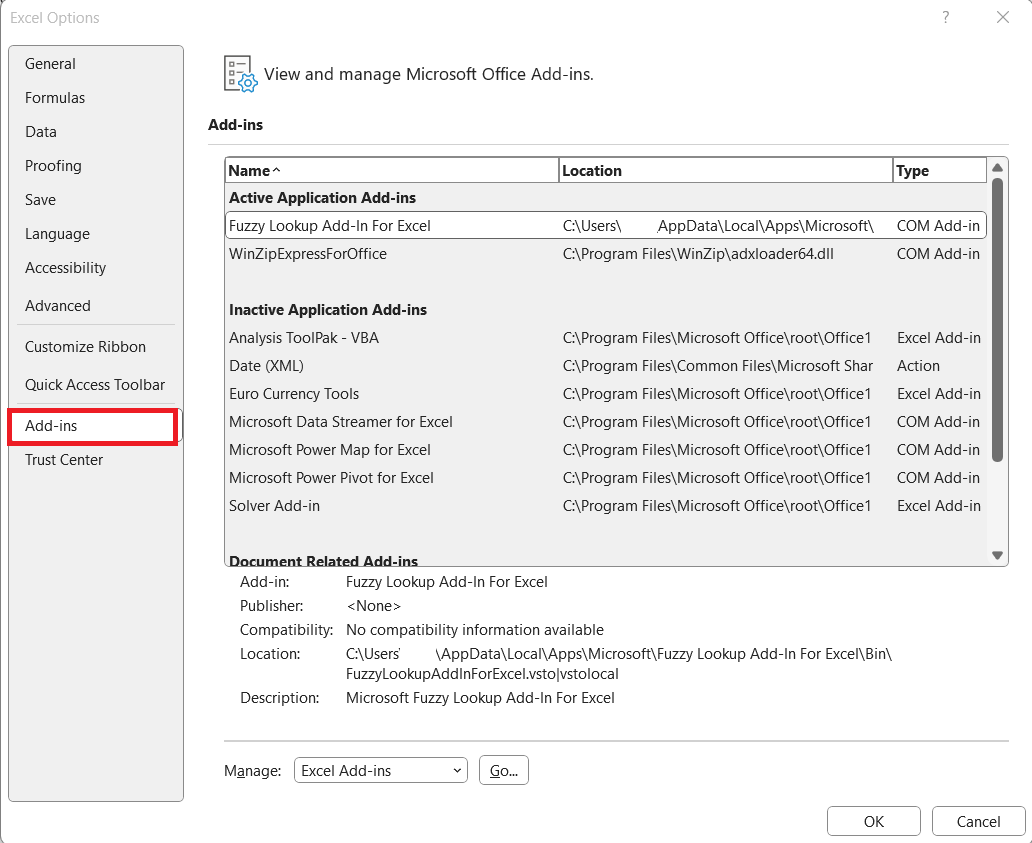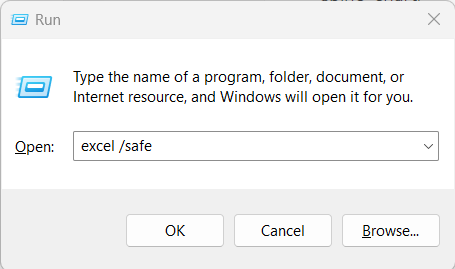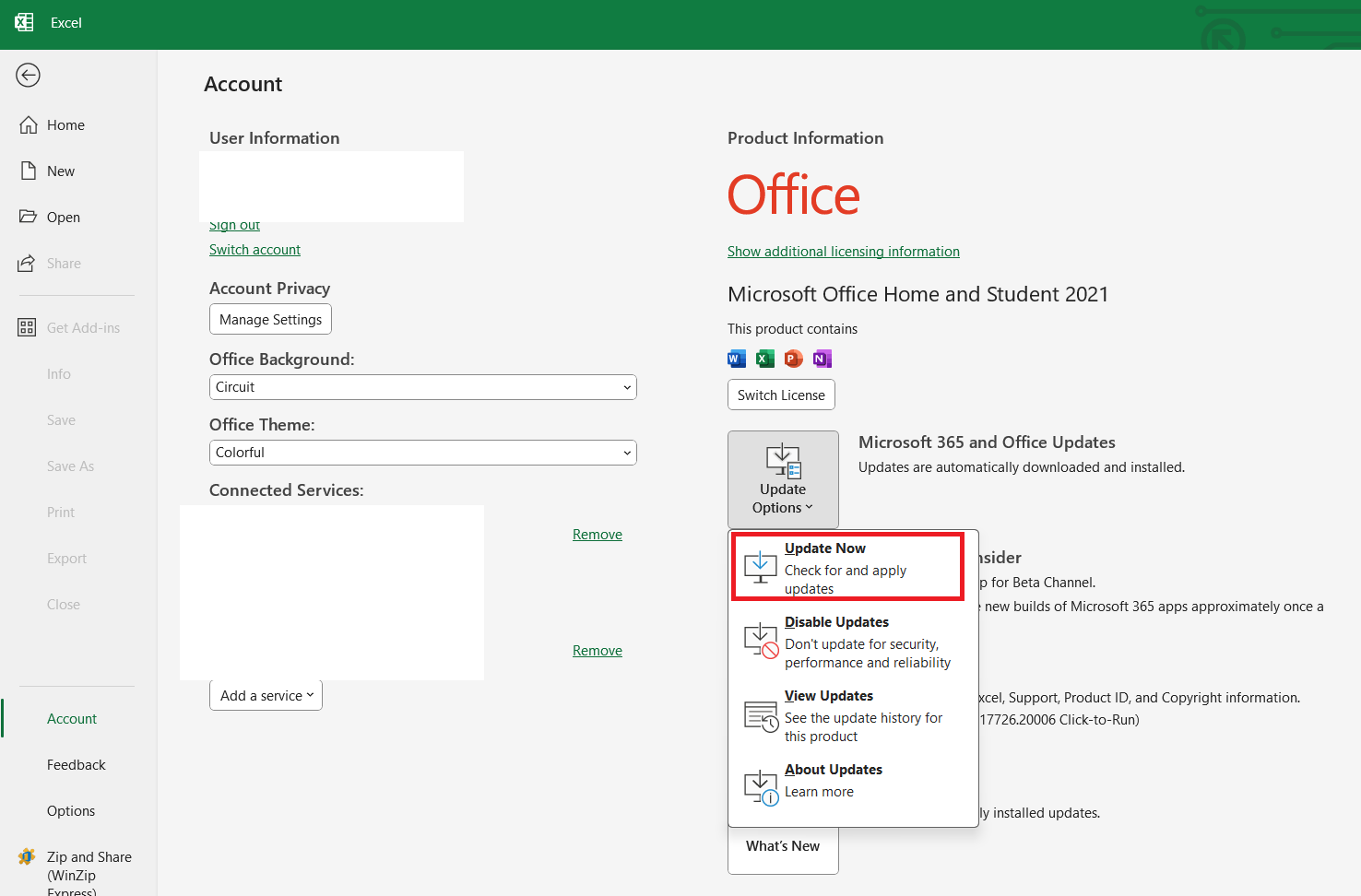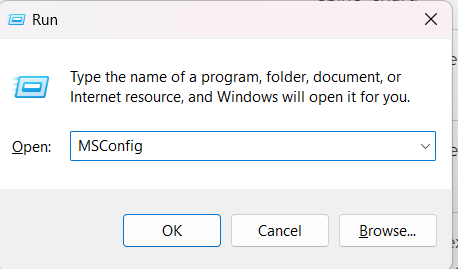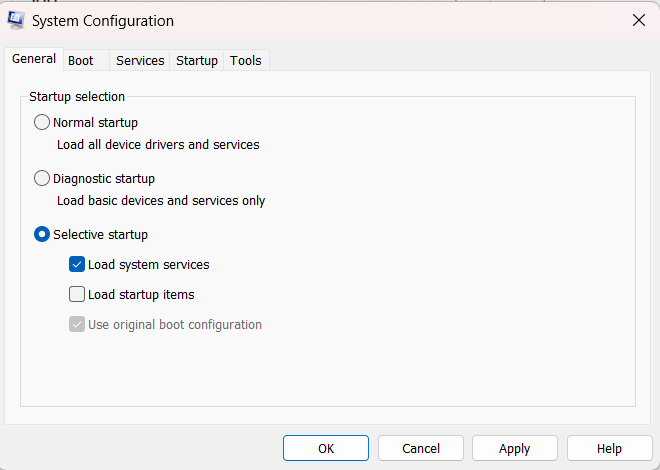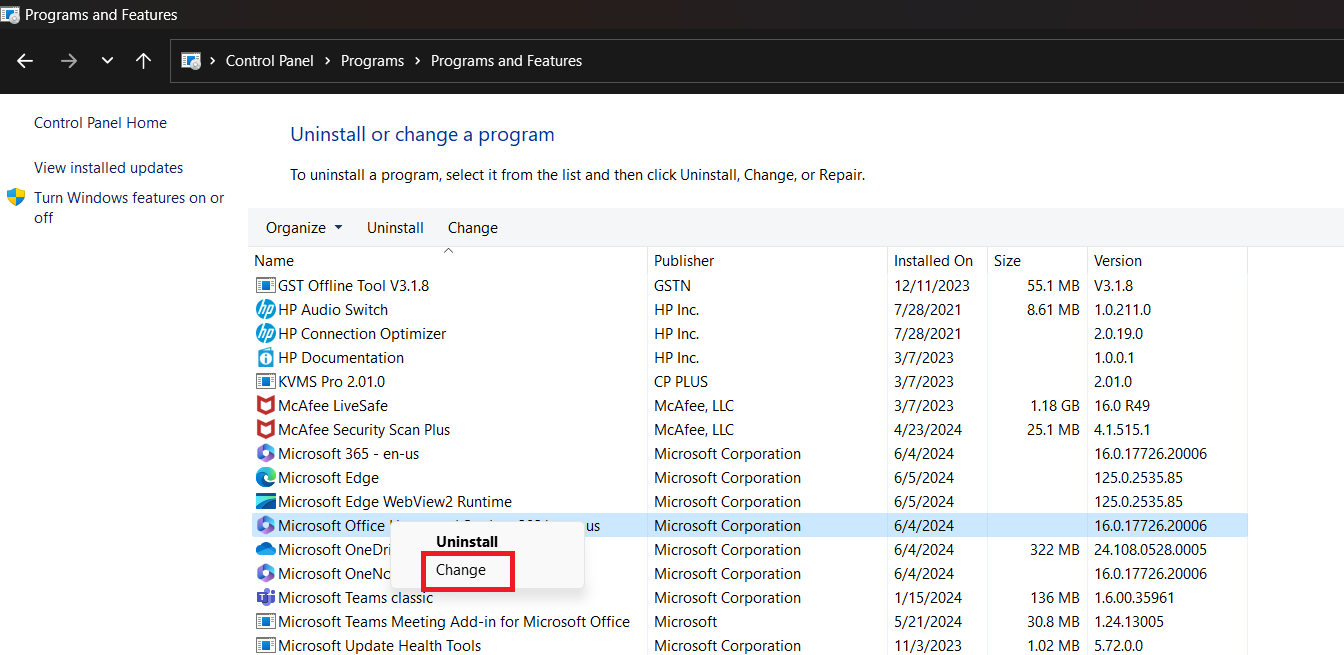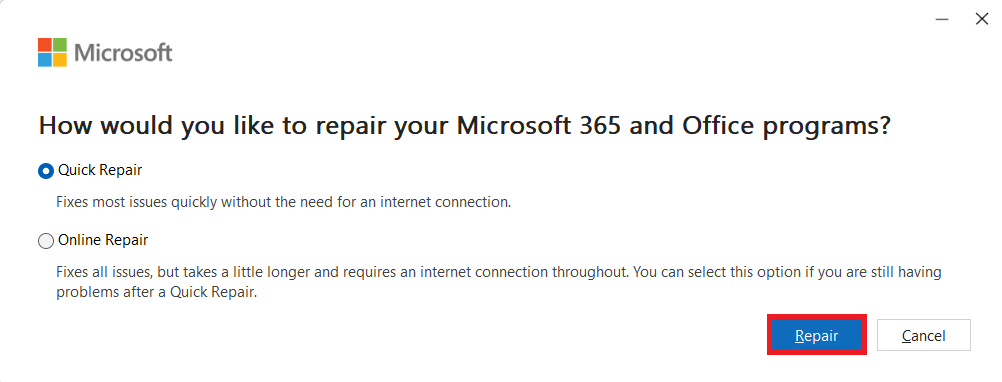Encountering a frozen Excel can be a frustrating ordeal, disrupting productivity and causing undue stress. Understanding the symptoms and root causes of Microsoft Excel not responding is crucial for effective troubleshooting. From initial steps to advanced measures, a strategic approach can swiftly thaw out Excel and prevent future freezes.
Key Takeaways:
- Recognizing Symptoms: Be vigilant for signs such as unresponsive commands, freezing upon file opening, or the spinning wheel of doom, indicating Excel’s distress.
- Initial Steps: When Excel freezes, promptly open Task Manager using Ctrl + Alt + Del, end background processes, and reboot Excel or your computer to refresh the workspace.
- Root Causes Diagnosis: Large file sizes can bog down Excel’s performance, while incompatible add-ins or compatibility issues may also trigger freezes. Investigate these factors to pinpoint the source of the problem.
- Fast Fixes: Utilize Safe Mode to launch Excel without add-ins, update or reinstall Excel for a fresh start, and employ data recovery strategies like AutoRecover to salvage unsaved work amidst crashes.
- Preventive Measures: Regularly update Excel, optimize file sizes, save different versions of work, and utilize Excel’s Data Model for efficient data management to preempt future freezes.
Table of Contents
Emergency Solutions for a Frozen Excel
Recognizing the Symptoms of Excel Not Responding
When Excel stops responding, you might experience various symptoms that signal something’s not quite right. Perhaps Excel freezes when you try to open a file, or maybe it crashes when attempting to process data. You could also encounter the dreaded spinning wheel or an unresponsive command ribbon. Keep an eye out for these cues so you can act swiftly to resolve the issue.
Initial Steps to Take When Excel Freezes
Finding Excel frozen can be alarming, but don’t worry—there are some immediate actions you can take. Start by using the trusty Ctrl + Alt + Del combination to open the Task Manager.
From there, end any background Excel processes that could be causing the freeze.
Then, give Excel a fresh start by closing and reopening it or rebooting your computer if needed. If the workspace feels crowded, close any superfluous Excel files to lighten the load and possibly unfreeze the application.
Diagnosing the Root Causes
File Size: The Bane of Speed
A colossal Excel file is like trying to sprint with weights; it’s bound to slow you down. Large files often result from extensive data, high-resolution images, or overuse of complex formulas. These hefty files strain Excel’s processing power, leading to reduced performance and potential freezes.
To keep your Excel nimble, regularly audit the file size. If it’s bloated, consider removing unnecessary formatting, compressing images, or offloading some data to a different workbook.
Investigating Add-Ins and Compatibility Issues
Add-ins can supercharge your Excel experience with additional features, but sometimes they’re the culprits behind slowdowns or crashes. To check if add-ins are causing trouble, open Excel and click on the ‘File’ tab. Then, select ‘Excel Options’ and go to ‘Add-ins‘.
Here, you can view and manage both Excel and COM add-ins. Try disabling them and restarting Excel. If the problem vanishes, then bingo! You’ve pinpointed an incompatible or corrupt add-in. Remember to turn them back on one by one to determine which one caused the hiccup, ensuring you restart Excel after each to test things out.
Implementing Fast Fixes
Jumpstart Excel with Safe Mode
If Excel still won’t cooperate, it’s time to jumpstart it using Safe Mode. This nifty trick launches Excel without any add-ins or extensions that could be causing the issue. To do this, close Excel and create a shortcut on your desktop.
Then, while holding the Ctrl key, double-click the shortcut and confirm you want to start in Safe Mode when prompted. Alternatively, press Windows+R, type excel /safe, and hit Enter.
This should help you access Excel without any add-ins potentially meddling with its performance.
Updating and Reinstalling Excel for a Fresh Start
Keeping Excel up to date is paramount to ensure a smooth and responsive experience. Microsoft frequently rolls out updates to patch bugs and enhance functionality. Hop into Excel, head to the ‘Account’ option, and under ‘Product Information’, click ‘Update Options’ followed by ‘Update Now’.
If Excel’s issues persist after updating, consider the clean slate approach: uninstall and reinstall. This helps eliminate profound glitches and clears the cache. Uninstall Excel through the Control Panel or system’s settings, then re-download a fresh copy from the Microsoft Office website or your Microsoft account.
Data Recovery and Protection Strategies
Salvaging Unsaved Excel Work Amidst Crashes
Worry not if Excel crashes before you’ve hit ‘Save’—all is not lost. Reach for Excel’s life preserver, the AutoRecover feature, which periodically saves a version of your work without you even noticing. Open Excel again and look out for the Document Recovery pane; this is where your unsaved files aim to dock safely.
If the pane has seemingly abandoned ship, fearlessly dive into the deep of your system to the temporary files: C:\Users\Username\AppData\Local\Microsoft\Office\UnsavedFiles.
Here, you might just find your treasure—the unsaved Excel file patiently waiting for you.
Adopting Practices to Prevent Future Excel Freezes
To avoid icy encounters with Excel in the future, practice these preventive measures. Regularly update Excel to harness the latest features and security fixes. Keep your files lean by purging unnecessary data and compressing images.
Save different versions of your work to avoid overloading a single file. Embrace the habit of using Excel’s Data Model feature for managing large data sets efficiently. And lastly, split complex tasks into steps, so Excel has room to breathe between heavy computations, reducing the odds of a sudden freeze.
When All Else Fails: Advanced Measures
Conducting a Clean Boot to Isolate Problems
If you suspect background services are spark-plugging Excel’s freezes, a clean boot could be your Sherlock Holmes. By starting Windows with a minimal set of drivers and startup programs, it allows you to sleuth conflicts without interference. Hit the Windows key + R, type MSConfig, press Enter.
Navigate to the General tab. Opt for Selective Startup, uncheck ‘Load startup items’, and OK.
This investigative mode can help pinpoint the rogue elements. If Excel behaves, consider it a victory and then enable services one by a time to unveil the villain behind the curtain.
Using Office Repair Tools to Mend Excel
If Excel’s still in a twist, it might need some first aid from the Office Repair Tools. They’re like a medic for your Office suite, sniffing out and fixing issues. To get started, head to the Control Panel, and click ‘Uninstall a program’ under Programs.
Find Microsoft Office, and select ‘Change’.
Then, choose ‘Quick Repair’ and click ‘Continue’.
After the repair gymnastics, give your PC a reboot and check if Excel’s back to doing backflips.
FAQs
Why is Microsoft Office Excel not responding?
Microsoft Office Excel might stop responding due to insufficient system resources, conflicts with other programs or add-ins, or a corrupted Excel spreadsheet. Keeping your system and Excel updated, streamlining resources, and checking for incompatible add-ins can help prevent this issue.
How do I unfreeze Excel when not responding?
To unfreeze Excel, start by pressing Ctrl + Alt + Del to open Task Manager and end Excel’s task. If that doesn’t work, try rebooting your computer. You can also open Excel in Safe Mode by holding Ctrl while launching the program, which can help you troubleshoot add-in issues.
How can I retrieve unsaved Excel files when Excel is not responding?
To recover unsaved Excel files, restart Excel and look for the Document Recovery pane. If it’s not there, check for auto-saved versions in ‘C:\Users[YourUsername]\AppData\Local\Microsoft\Office\UnsavedFiles’. Save any found files immediately to avoid losing them.
Can a large Excel file size cause Excel to become unresponsive?
Yes, a large Excel file size can contribute to Excel not responding. Larger files demand more memory and processing power which can lead to Excel becoming sluggish or even freezing. Optimizing such files by reducing formatting and splitting the data can enhance performance.
How can I address frequent crashes in Microsoft Office Excel?
If Excel crashes frequently, ensure you’re using the latest version with all updates installed. Disable any add-ins to check for conflicts, and consider repairing or reinstalling Office. Clearing the cache and reducing the workbook size can also help stabilize Excel.
John Michaloudis is a former accountant and finance analyst at General Electric, a Microsoft MVP since 2020, an Amazon #1 bestselling author of 4 Microsoft Excel books and teacher of Microsoft Excel & Office over at his flagship Academy Online Course.
